Glossary of terms
- AB - Appropriate Body - An organisation responsible for the quality assurance and verification process of statutory teacher induction. An Appropriate Body makes the final decision, based on a Headteacher's recommendation, as to whether an ECT has satisfactorily met the Teachers' Standards.
- Adaptive Teaching - Adaptive teaching is an approach a teacher will use to continually assess the strengths and needs of learners and adapt their teaching accordingly to ensure all learners can meet expectations.
- BEd - Bachelor of Education - A Bachelor of Education (BEd) is an Undergraduate professional teacher training degree with Qualified Teacher Status (QTS). BEd courses are mainly taken by primary school teachers, although it is possible to teach another Key Stage.
- CCF - Core Content Framework - ITT Core Content Framework, designed by the DfE, sets out the minimum entitlement for all trainee teachers and the content that ITT providers must include in their programmes.
- CPD - Continuing Professional Development - Effective continuing professional development for teachers is essential to becoming confident and competent as a teacher and ultimately providing high-quality teaching. It allows teachers (and other teaching staff) to stay up to date with their specialism and develop professionally.
- DBS - Disclosure and Barring Service - DBS checks in education are an essential safeguarding tool to ensure the safety and well-being of children and young people. If a person is to work in a nursery, school or college, they will require an Enhanced DBS and a child barred list check no matter what their role is.
- DfE - Department for Education - The Department for Education is responsible for children’s services and education, including early years, schools, higher and further education policy, apprenticeships and wider skills in England.
- EAL - English as an Additional Language - A learner of English as an additional language (EAL) is a pupil whose first language is other than English.
- ECF - Early Career Framework - The Early Career Framework (ECF) is a statutory two-year package of high-quality professional development (training, support, and resources) for schools. It sets out what Early Career teachers (ECTs) are entitled to learn when they start their careers.
- ECT | Year 1 or Year 2 - Early Career Teachers - The term early career teacher replaced the term NQT (newly qualified teacher) in 2021. An ECT will have completed their initial teacher training and can then begin their ECT induction period of two years. They are known as ECT Year 1 or Year 2.
- Enrichment Week - A week on our SWIFT teacher training programme where you can explore a particular theme more in depth, e.g. SEND.
- EYFS - Early Years Foundation Stage - The early years foundation stage sets the framework for education for children from birth up to 5 years.
- GDPR - General Data Protection Regulations - Everyone responsible for using personal data has to follow strict rules called 'data protection principles' and must ensure personal information is used fairly, lawfully and transparently. The Data Protection Act 2018 is the UK's implementation of the General Data Protection Regulation (GDPR). Please see SWIFT Teacher Training Privacy Notice HERE.
- HEI - Higher Education Institution - A Higher Education Institution is third level (tertiary) education at a university and further education college. As an ITT provider an HEI offers undergraduate and postgraduate teacher training courses.
- IEP - Individual Education Plan - An IEP is a detailed plan that sets out targets and strategies to help a child with special educational needs learn.
- ITaP - Intensive Training and Practice - Distinguished from school placements, Intensive training and practice focuses on a single or small number of areas, very intensely, to ensure that trainees make rapid progress in understanding and application. Intensive training and practice should also build powerfully the link between evidence-based theory and practice.
- ITT - Initial Teacher Training - Initial Teacher Training is a university-led or school-based teacher training route.
- KS1-5 - Key Stage 1-5 - The National Curriculum is organised in to blocks of years called Key Stages: Key Stage 1 | Years 1 - 2; Key Stage 2 | Years 3 - 6; Key Stage 3 | Years 7 - 9; Key Stage 4 | Years 10 - 11; Key Stage 5 | Years 12 - 13 or Post 16.
- LA - Local Authority - A Local Authority is an organisation officially responsible for all the public services and facilities in a particular area. State schools receive funding through their Local Authority or directly from the Government depending on the type of school.
- Lead Mentor - Lead Mentors train and deploy mentors in school to undertake their important roles in the training of teachers. They will receive intensive training so that they have a deep knowledge of the curriculum, the evidence base which underpins it, and the organisation and delivery of the curriculum across the accredited provider’s network.
- MAT - Multi Academy Trust - A group of primary/secondary state schools in England funded by Central Government, but run as independent schools in partnership with each other.
- MFL - Modern Foreign Languages - Languages that are spoken at the present time, such as Spanish, French or German, studied by someone when they are not their own language.
- NPQ - National Professional Qualification - NPQs are a range of professional qualifications for teachers and leaders in school to develop their knowledge, skills and behaviours.
- OFSTED - Office for Standards in Education - Ofsted inspect schools and other services providing education services to learners of all ages.
- Pedagogy - Pedagogy is a term that refers to the way teachers teach, both in practice and in theory.
- PGCE - Postgraduate Certificate of Education - The PGCE is an academic award which universities award alongside QTS. In England, this can be either on a traditional university-led teacher training course or school-led teacher training. Only a university can offer this award, as they have degree awarding powers. On our programme we will be working with the University of Nottingham so that our trainees can gain the professional award of PGCE alongside their QTS award.
- Phase - Across the UK there are five phases of education: Early Years, Primary, Secondary, Further Education and Higher Education.
- PPA - Planning, Preparation and Assessment - PPA time was introduced in 2005 to help ease teachers’ workload to plan and prepare lessons and work on assessments for the children they teach. The aim of PPA time is to reduce the number of hours that teachers need to put into planning lessons and marking during evenings and at the weekend. Teachers are entitled to 10% of regular teaching time during the normal working week as PPA.
- PSHE - Personal, Social and Health Education - As a subject, PSHE aims to provide children with the knowledge and skills to keep themselves happy, healthy and safe, as well as to prepare them for life and work.
- QTS - Qualified Teacher Status - Qualified Teacher Status (QTS) is the qualification legally required to teach in a maintained school or non-maintained special school in England.
- Safeguarding and Welfare - Terms that are used in the UK that mean to ensure the safety and wellbeing of all individual people - especially including children and vulnerable adults. All trainee teachers and school staff receive regular training in this area.
- SCITT - School-Centred Initial Teacher Training - School-Centred Initial Teacher Training (SCITT) programmes are led by schools or groups of schools that work in close partnership. SWIFT Teacher Training is a SCITT and this means that we are able to confer the award of Qualified Teacher Status (QTS) and that we can train teachers in our schools. We work closely with the University of Nottingham for trainees to also gain a PGCE. A SCITT means that the trainee teacher spends the majority of their time within a school setting to be immersed in the environment as they train and learn the profession.
- SEND - Special Educational Needs and Disabilities - Children and young people who have special educational needs or disabilities require special educational provision either in mainstream or specialist schools.
- SENCO - Special Educational Needs Coordinator - SENCos are members of teaching staff who are responsible for special educational needs within a school.
- SKE - Subject Knowledge Enhancement - SKE courses make teaching an accessible and viable career path to a range of graduates. They are designed to bring a candidate's knowledge of a subject up to teaching level.
- SLT - Senior Leadership Team - The Senior Leadership Team (SLT) is responsible to the Governing Body for the leadership and management of the school. Each member of the team has specific responsibilities and depending on the size of the school usually includes a Headteacher/Head of School, Deputy Headteacher (s), Assistant Headteachers and a Business Manager/Bursar.
- STEM - Science, Technology, Engineering and Maths - STEM refers to any subjects which fall under these four disciplines.
- TA - Teaching Assistant - Teaching Assistants support teachers and help children with reading, writing and learning activities.
- TLR - Teaching and Learning Responsibility - Classroom teachers who take on additional leadership and management responsibilities could be awarded a TLR payment.

